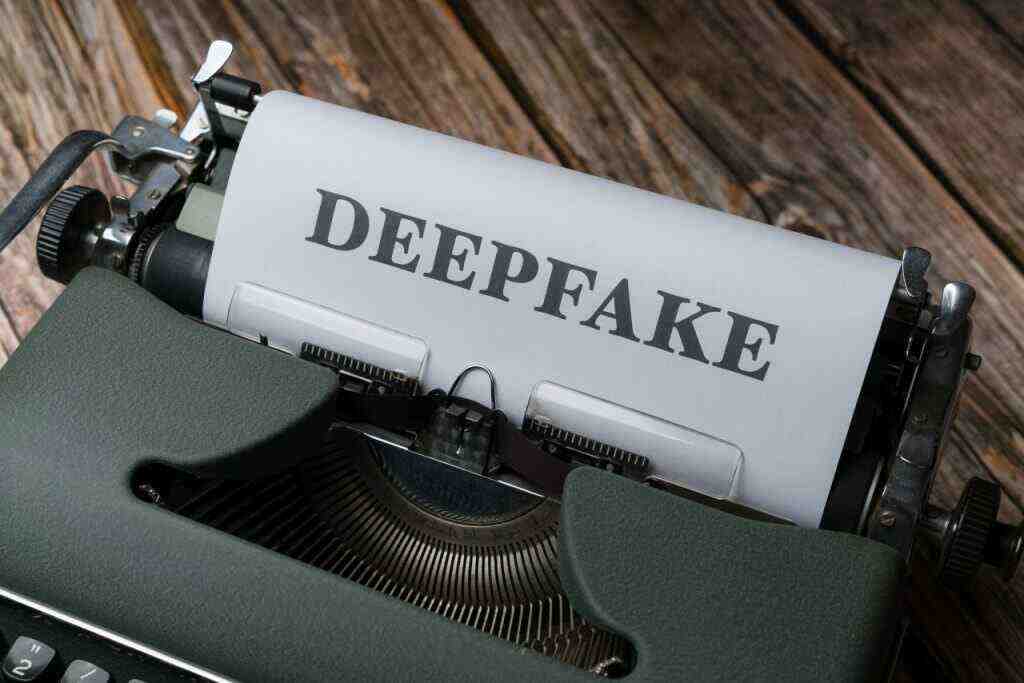The Disturbing Trend of AI-Generated Fake Images: A Threat to Celebrities and Society
In the realm of digital technology, where boundaries are constantly pushed and innovation thrives, a disconcerting trend has emerged, casting a shadow over the authenticity and integrity of online content: AI-generated fake images, also known as “deepfakes.” These manipulated or fabricated images, created using advanced artificial intelligence algorithms, pose a significant threat to individuals’ reputations, privacy, and the very fabric of our information-sharing society. The recent incident involving the targeting of Taylor Swift with deepfake images has ignited outrage and sparked a much-needed dialogue about the urgent need to address this growing menace.
Deepfake Images: A Looming Threat
Deepfake images are not mere harmless digital creations; they are sophisticated fabrications designed to deceive and manipulate. These images are meticulously crafted to resemble real people, often celebrities or public figures, and can be used for a variety of nefarious purposes, including creating fake news, spreading misinformation, and tarnishing individuals’ reputations. The ease of creating deepfakes and their rapid dissemination through social media platforms have raised serious concerns about their potential impact on society.
Taylor Swift: A Victim of Deepfake Attacks
The recent targeting of Taylor Swift with deepfake images serves as a stark reminder of the pervasive nature of this issue. On Friday, fans of the singer and concerned individuals alike expressed outrage after AI-generated fake images of Swift went viral on X, a popular social media platform. One particularly disturbing image of Swift garnered over 47 million views before being removed by the platform. This incident brought to light the urgent need for stricter regulations and more robust measures to combat the proliferation of deepfakes.
Outrage and Calls for Action
The targeting of Swift sparked widespread outrage among her fans and prompted calls for action from politicians and activists. Many expressed concern that deepfakes could be used to harm individuals, particularly women, who are often disproportionately targeted by this type of content. The incident also raised questions about the responsibility of social media platforms in preventing the spread of deepfakes and other harmful content.
The Perpetrators: Hidden in the Shadows
The creators of deepfakes often operate in the shadows, utilizing readily available software and online resources to manipulate images with alarming ease. The lack of regulations and the absence of effective detection tools have allowed these individuals to proliferate deepfakes across social media platforms and other online spaces, leaving victims to grapple with the consequences.
Celebrities and Politicians: Frequent Targets
Celebrities and politicians are frequent targets of deepfake attacks due to their high public profiles and large online presence. These individuals are particularly vulnerable to manipulation and exploitation, as deepfakes can be used to create fake news stories, spread rumors, or damage reputations, potentially affecting their careers and personal lives. The consequences can be devastating, leading to emotional distress, loss of trust, and even financial losses.
The Need for Stronger Regulations
The growing prevalence of deepfakes has prompted calls for stronger regulations and policies to address this issue. Governments and regulatory bodies are exploring ways to combat the spread of deepfakes, including stricter content moderation policies, improved detection tools, and legislation to criminalize the creation and distribution of harmful deepfake content. These measures are essential to protect individuals from the damaging effects of deepfakes and to uphold the integrity of online information.
Conclusion: A Call to Action
The incident involving Taylor Swift and the targeting of celebrities and politicians by AI-generated fake images underscore the urgent need for action to address this growing threat. Deepfakes pose significant risks to individuals’ reputations, privacy, and the integrity of information shared online. Stronger regulations, improved detection tools, and increased awareness are crucial steps in combating the proliferation of deepfakes and safeguarding our digital world. It is time for individuals, governments, and social media platforms to come together and take decisive action to protect our society from the harmful consequences of deepfakes.
